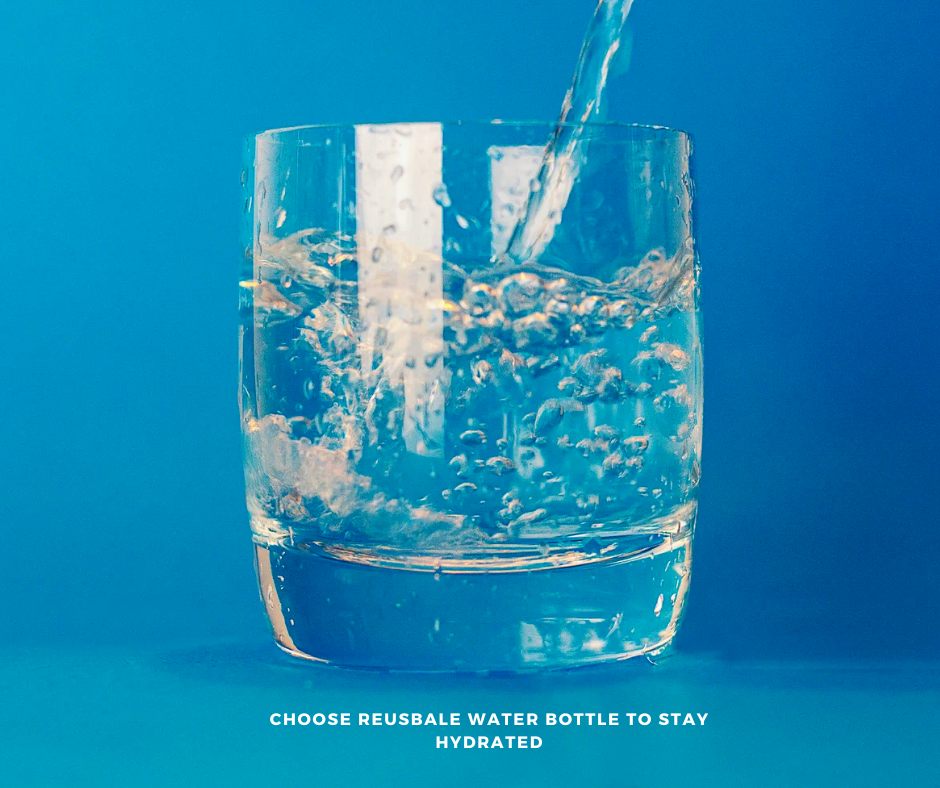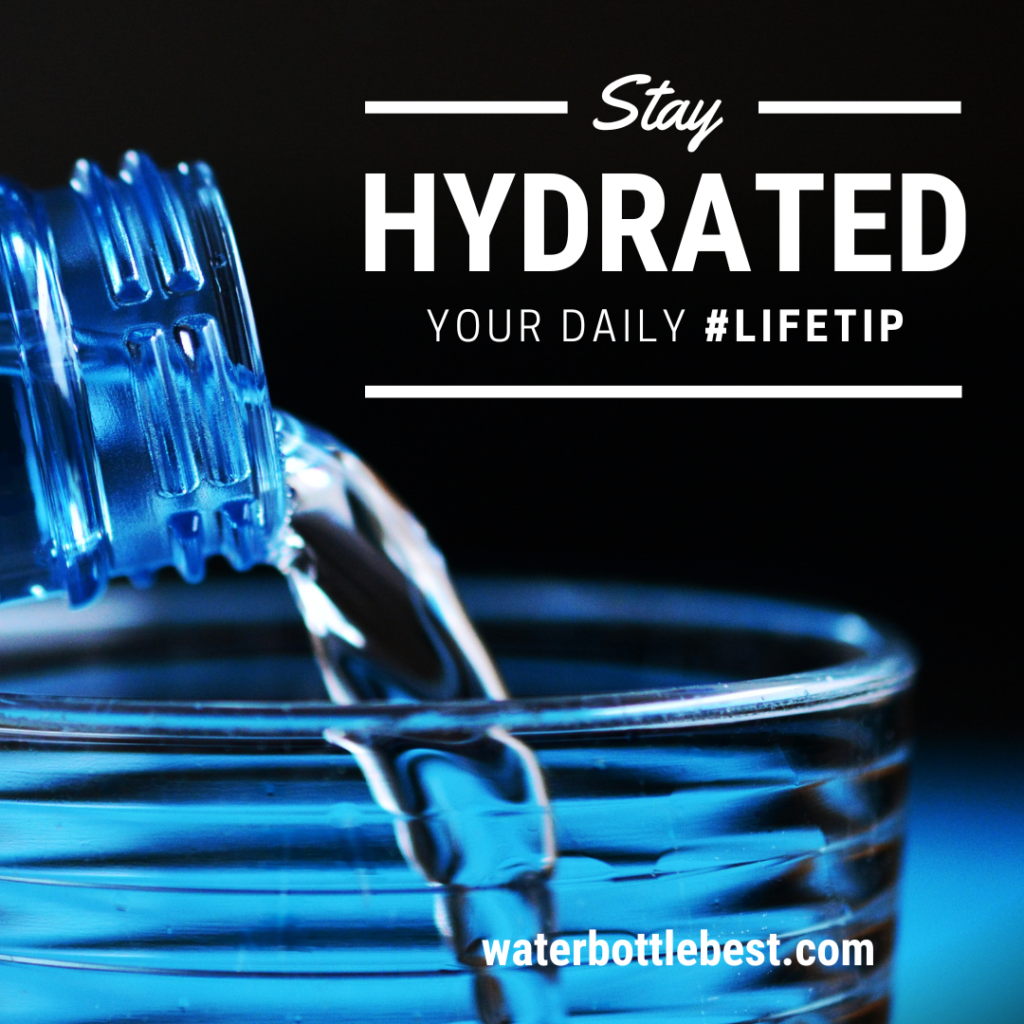Maintaining proper hydration is the the main key of human health, even during cold weather workouts. While the winter chill might reduce your thirst signals, your body still loses significant fluids through sweat and respiration. Here, we’ll explore effective strategies to ensure you stay hydrated while exercising during the winter months
Why Hydration Matters in Winter
Hydration plays a crucial role in maintaining circulatory efficiency, regulating body temperature, and supporting muscle function. Cold weather can deceptively mask your need for fluids, making it easier to become dehydrated. Moreover, the combination of dry winter air and heated indoor environments increases moisture loss through your skin and breath. To keep your body hydrated during winter is more important for better workout.
Signs of Dehydration in Winter
Understanding the signs of dehydration is vital to avoid performance setbacks or health risks. Common indicators include:
- Dry or chapped lips
- Dark-colored urine
- Fatigue or dizziness
- Reduced endurance
- Increased muscle cramps

Effective Tips for Staying Hydrated During Winter Workouts
1. Drink Water Consistently Throughout the Day
Rather than waiting for thirst to strike, aim to drink water consistently throughout the day. This practice ensures your body maintains optimal hydration levels before, during, and after workouts. Carry a reusable water bottle as a reminder to sip regularly.
2. Start Your Workout Hydrated
Pre-hydration is essential for successful workouts. Drink 16-20 ounces of water about two hours before exercising to replenish fluid levels. This step prepares your body for the increased fluid loss that accompanies physical activity.
3. Choose the Right Fluids
While water is the foundation of hydration, certain beverages can enhance your efforts:
- Electrolyte Drinks: Opt for drinks containing electrolytes such as sodium, potassium, and magnesium to replace what’s lost through sweat.
- Herbal Teas: Warm teas without added sugar can help keep you hydrated and provide a comforting option in colder temperatures.
- Broths: Nutrient-rich broths are an excellent source of both hydration and electrolytes.
- Also use infused water
4. Monitor Sweat Loss
Even in winter, sweating can lead to significant fluid loss. To better understand your hydration needs, weigh yourself before and after workouts. For every pound lost, aim to drink 16-24 ounces of fluid to restore your body’s balance.
5. Adapt Your Clothing
Layering for winter workouts is crucial, but wearing excessively heavy or non-breathable fabrics can cause overheating and excessive sweating. Choose moisture-wicking materials that regulate body temperature and minimize sweat loss.
6. Don’t Forget Post-Workout Hydration
After your workout, rehydrate to replace lost fluids. Pair water with a balanced snack containing carbohydrates and proteins to aid recovery. Adding a pinch of sea salt to your post-workout water can further replenish electrolytes.
7. Avoid Dehydrating Substances
Limit the intake of beverages that can dehydrate you, such as:
- Caffeinated drinks (e.g., coffee, energy drinks)
- Alcohol
- Sugary sodas
These substances can increase urine output and counteract your hydration efforts.
Hydration Myths to Ignore for stay hydrated during winter
“You Don’t Sweat as Much in Winter”
While you may feel less sweaty in cold weather, your body still loses fluids, especially when layered in clothing or performing intense activities.
“Thirst Is a Reliable Indicator of Hydration”
By the time you feel thirsty, you’re already mildly dehydrated. Prevent this by drinking fluids consistently throughout the day.

Bonus Tips for Enhanced Winter Hydration
- Calculate your Water intake for winter: use a advanced water intake calculator to find out your daily intake, that helps you to fulfill your daily hydration goals
- Humidify Your Space: Use a humidifier indoors to reduce fluid loss caused by dry air.
- Incorporate Water-Rich Foods: Fruits like oranges, apples, and grapes, as well as vegetables such as cucumbers and celery, can contribute to your daily fluid intake.
- Keep Track of Your Hydration: Use smartphone apps or hydration tracking bottles to monitor your fluid consumption.
Conclusion
Hydration is just as critical during winter as it is in warmer months, if not more so. By incorporating these tips into your routine, you’ll not only enhance your performance but also safeguard your health against the challenges of cold-weather exercise. Make hydration a priority, and your winter workouts will be both enjoyable and effective.
